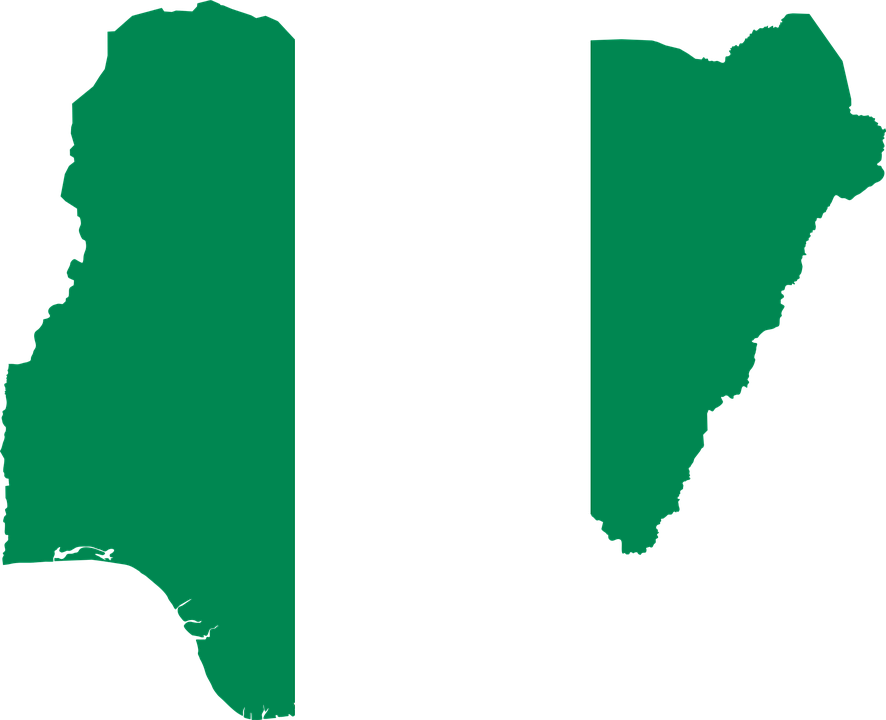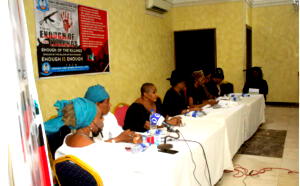“COVID-19: Nigeria’s economy to contract 3.4% —IMF – Vanguard, April 15, 2020, p.19 “FAAC, March allocations N582bn” – Daily Independent,...

“COVID-19: Nigeria’s economy to contract 3.4% —IMF – Vanguard, April 15, 2020, p.19
“FAAC, March allocations N582bn” –
Daily Independent, April 20, 2020, p. 29
“COVID-19: FG distributes N5000 loan to 5000 petty traders”- Punch, April 20, 2020
By Dele Sobowale

SOMETIMES, it is necessary to bring more than one indisputable news report to the notice of Nigerians who might not be able to read several newspapers and follow important developments regarding the economy and how it affects them. I must confess that it is often a daunting task to determine which reports to highlight.
But, readers will forgive me if the focus of attention is the expected economic performance.
The Gross Domestic Product, GDP, provides a firm basis for forecasting other economic indices – per capita income, poverty, unemployment, as well as other indices of social welfare.
Every recession implies a decline in living standards of the people in any country. That explains why it is always the first port of call when undertaking economic analysis and projections.
READ ALSO:Asteroid approaching earth wears ‘face mask’
Given that explanation, the report by the International Monetary Fund, IMF, assumes major importance when taken in conjunction with another variable – population growth.
The year 2015 marked the beginning of a trend in Nigeria’s economic performance. It was the first year in more than eight years when GDP growth at -2.4 per cent, was less than the increase of population which was estimated at 3.2 per cent. Per capita income went down. When the economy went into recession in 2016 and GDP growth was negative, more Nigerians were driven below the poverty line.
Slow growth of 0.8 per cent in 2017 paved the way for Nigeria’s emergence in 2018 as the country with the largest number of people in abject poverty. The results for 2018 and 2019 have only deepened the problem of poverty.
IMF’s prediction of 3.4 per cent GDP contraction in 2020 portends very serious economic challenges for the nation for the rest of the year. The consequences will be dire as will be demonstrated shortly.
FAAC and the writing on the wall
When the Federal Ministry of Finance and the states Commissioners of Finance met last week, they could only share N582billion. That amount was N158billion less than what was shared a year ago. It was also the lowest monthly allocation in more than fifteen years. Furthermore, the Federal Government and the states have now exhausted both the Excess Crude Account, ECA and the Sovereign Wealth Fund, SWF. Nigeria is now the first oil producing country which now has nothing saved for the rainy day. Henceforth we will live on monthly revenues and loans.
Granted the World Bank and foreign lenders have indicated their willingness to provide debt relief to Nigeria, the fact remains that we have once again entered into the debt trap from which we escaped in 2004 under President Obasanjo. From all indications, it is unlikely we will get out any time soon. As it is, close to 40 per cent of revenue will go into debt servicing. Capital appropriations will be slashed..
On April 20, 2020, the price of crude oil went down to $27 per barrel (pb). That was $3 or 10 per cent less than the new benchmark of $30pb. That is also 47 per cent less than the original benchmark. Unfortunately, that is not the end of the dreary economic prospects confronting the nation.
Even at $27 – which is less than production costs – loads of Nigerian crude are in search of buyers for April and May. COVID-19 and lockdown have combined to ensure that FAAC will have less than N582bn to allocate in May and June 2020. What then will be the consequences for various sectors in Nigeria? A few predictions can be made now.
The Nigerian Stock Exchange, NSE, has been enjoying a rally which defies all reason. I strongly believe that market manipulators are again at work. There is also the suspicion that money launderers are also investing illegal funds which they would otherwise take out of Nigeria.
COVID-19 has stopped them from moving out and keeping money at home is unsafe. Share prices will crash once people can travel once again once the impact of under-$30pb oil price is felt in the economy. Some Nigerian producers cannot afford to produce and sell at $27.
The other sectors likely to be severely adversely affected by the recession exacerbated by COVID-19/recession are pharmaceuticals, food and beverages, conglomerates and transportation. Space constraints would not permit full analysis of the various causes of economic distress in each sector. But, the “stay at home” and avoid large crowds regulations which will remain in force for a good part of 2020 will sharply reduce revenue across the board. It will take a longer time for aggregate consumption to reach pre-COVID-19 levels.
Forget minimumwage, just pray to have a job
It is sad but true that COVID-19/recession have combined to render all the hard work by Nigerian Labour leaders as well as the Academic Staff Union of Universities, ASUU, “love’s labour lost”.
With monthly allocations by FAAC likely to stay below N580bn per month for most of the year, the Federal Government and states will increasingly find it difficult to pay salaries. States which have not paid the Minimum Wage will not consider it.
Those who started paying will be faced with two options. They will either rescind the agreement with labour or retrench massively. Altogether, aggregate income will decline and, with it, purchasing power of workers.
The private sector which had waited for the public sector will suffer from the collateral damage which declining public sector income will induce. The manufacturing sector, especially those heavily dependent on imports will experience higher costs of inputs and cost of sales which must be passed on to reluctant consumers. The prospects are daunting. The media are in a peculiar sort of recession which will result in the death of many brands.
Working from home has also worked against workers in more ways than they realise. For some organisations, it has revealed the excess staff they have engaged for long. Even if a worker is retained, his ability to work from home will eventually lead to a review of the remuneration package. Will transport allowance still be paid to those working from home, for instance?
COVID-19/recession is an ill-wind which will blow nobody any good.
Robbing workers to pay idle people in Katsina
“When those in office regard the power vested in them as personal prerogative, they inevitably enrich themselves, promote their families, favour their friends…Then the people have to pay dearly for the sins and crimes of their leaders” Lee Kuan Yew, Vanguard Book of Quotations, P.2
Despite the national calamity confronting us, particularly the woeful decline in aggregate revenue in 2020, the Minister for Humanitarian Services was as busy as a bee giving away millions of naira to the people of Katsina State, the home state of President Mohammadu Buhari. As usual, charity began at home.
When on April 19, 2020 there was a report that the Federal Government, in response to COVID-19, was going to distribute N5000 to 5000 petty traders, there was no doubt in my mind where it would start.
On April 20, 2020 Daily Independent reported that the programme had started in Katsina. The Minister was there to flag it off. One thing is certain, no state in the South will see the Minister for months from now.
The post What government wont tell you about recession (5) appeared first on Vanguard News.

No comments